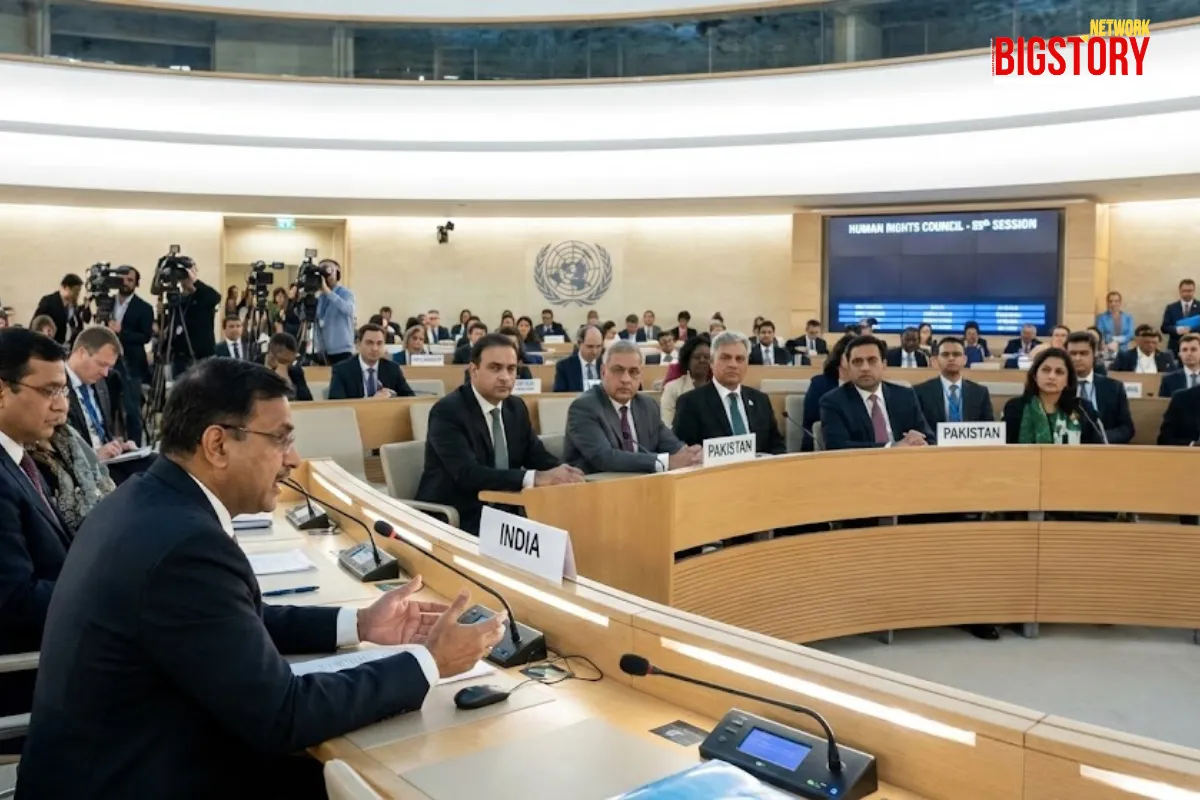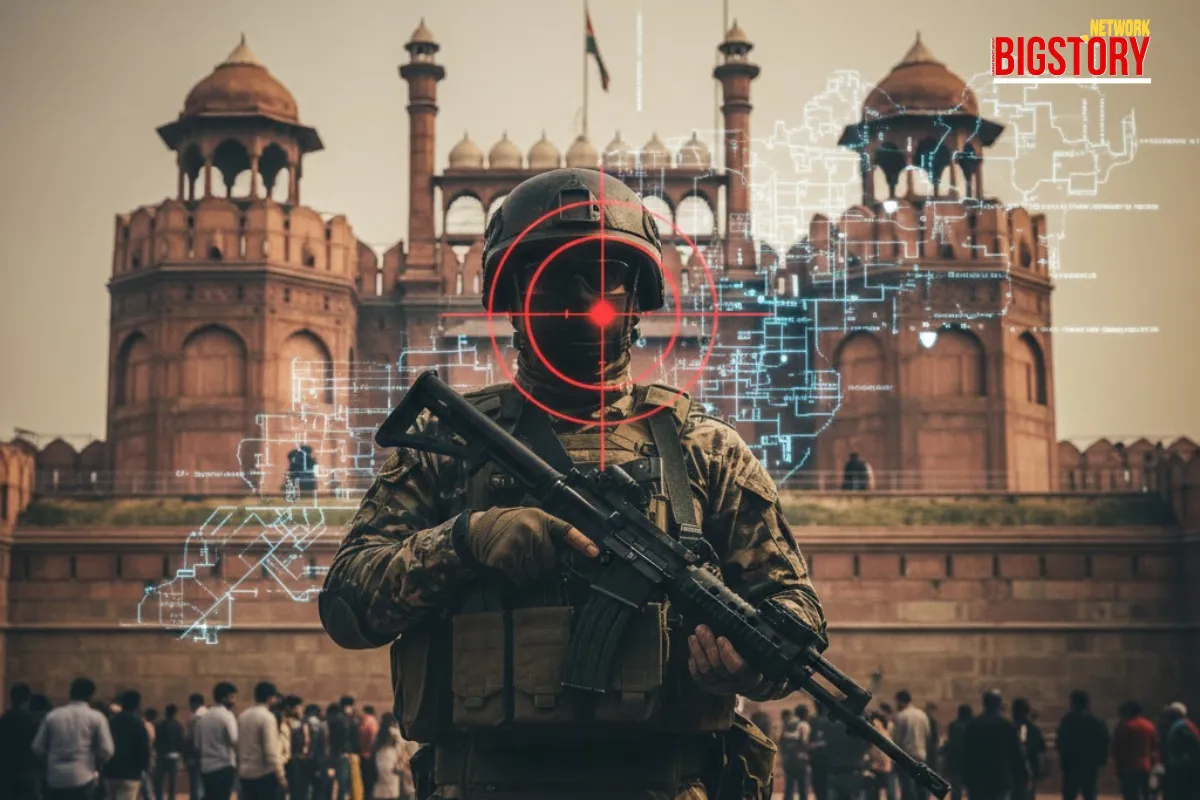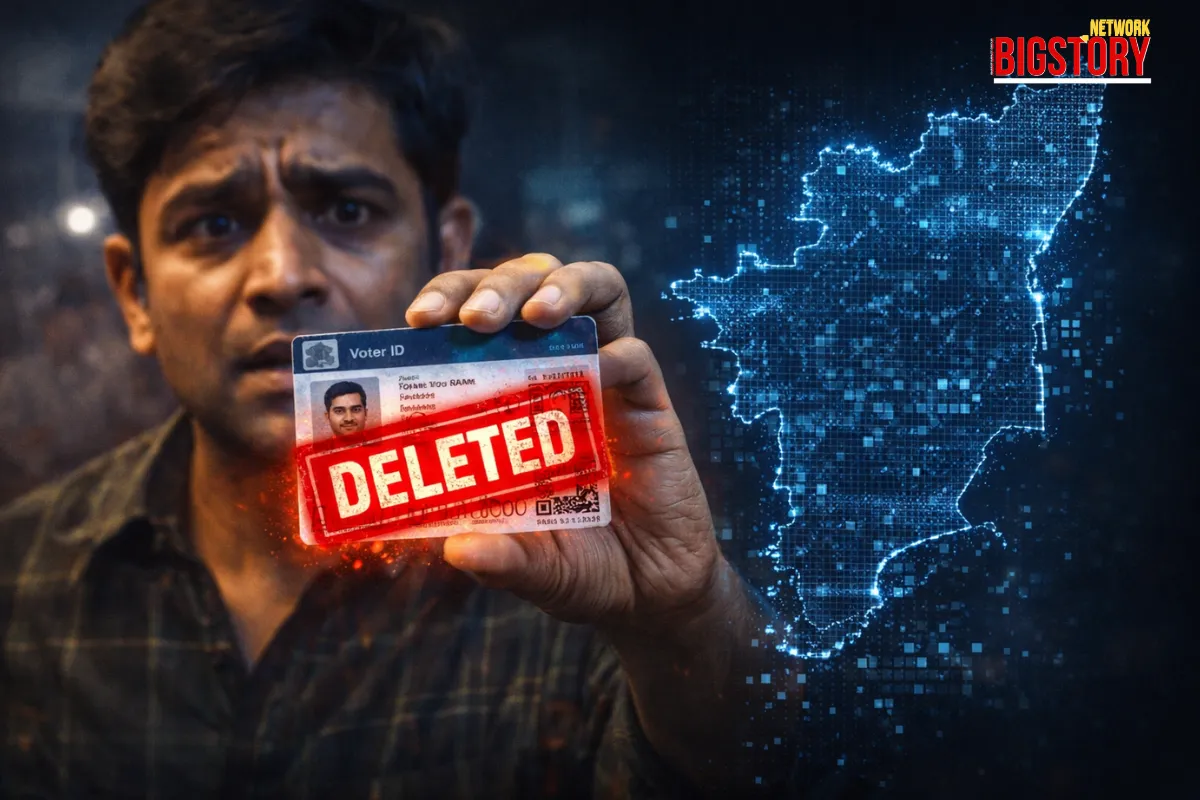Bihar's voter roll revision is stirring major controversy. While the ECI aims for accuracy, the Right Wing is creating a "ruckus" by emphasizing "illegal migrants" from Bangladesh/Myanmar, raising fears of disenfranchisement and fueling a political debate over electoral integrity and citizenship.
 Manish Saini
Manish Saini
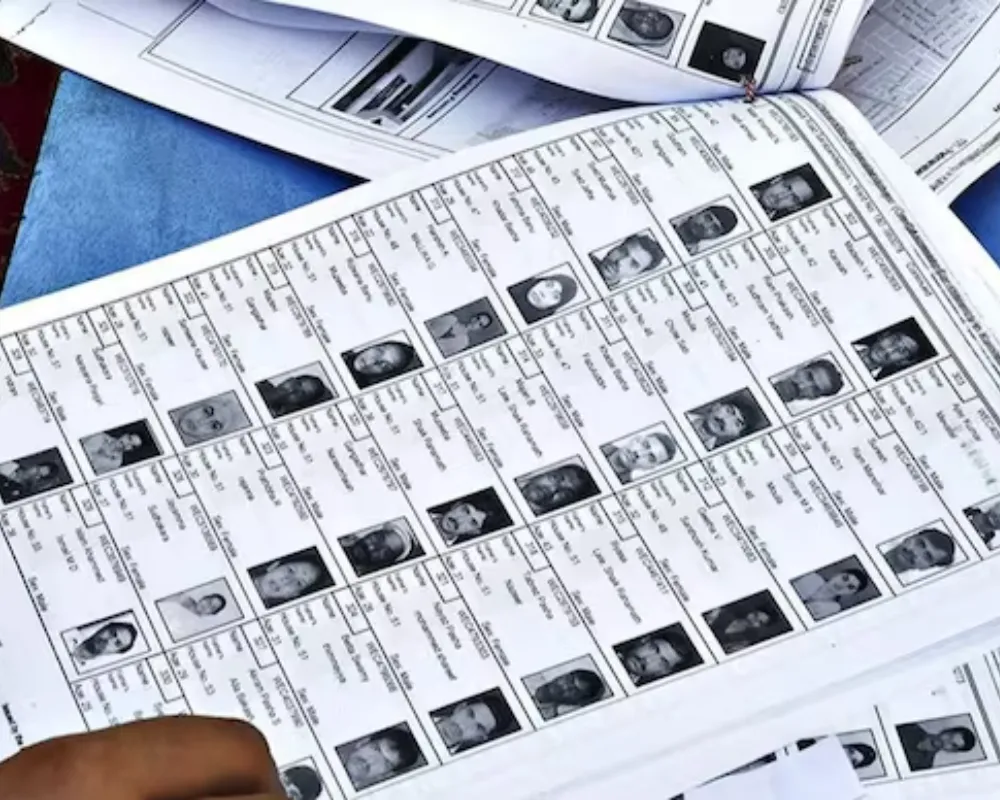
Bihar, a politically crucial state, is currently in the throes of a contentious electoral roll revision, just months before its Assembly elections. While the Election Commission of India (ECI) asserts that the Special Intensive Revision (SIR) is a routine exercise aimed at purifying the electoral roll – removing deceased, shifted, or duplicate voters – it has become a hotbed of political controversy, largely fueled by the Right Wing's focus on "illegal migrants."
The ECI's data from the ongoing revision has indeed flagged a significant number of discrepancies: over 20 lakh deceased voters, 28 lakh who have permanently migrated, and 7 lakh found enrolled at multiple locations. Additionally, around 1 lakh voters are "untraceable," and 15 lakh forms were not returned. The ECI maintains that the SIR is a necessary step to ensure the accuracy and purity of the electoral process.
Why the Right Wing is Creating a "Ruckus":
The right-wing political narrative has quickly seized upon the "untraceable" and "permanently migrated" figures, framing the entire revision exercise through the lens of "illegal immigration" and "demographic change." Here's why this narrative gains traction and creates a "ruckus":
While the ECI has asserted that only Indian citizens are eligible to vote and that it is acting impartially, the Opposition has stalled Parliament proceedings, demanding a discussion on what they term a "dangerous and unconstitutional" exercise. They argue that the ECI is echoing the language of the right-wing without sufficient evidence or transparency, thereby institutionalizing what was once a fringe position.
The Bihar electoral roll revision, therefore, is more than just an administrative exercise. It has become a battleground for competing political narratives, with the Right Wing leveraging fears of "illegal migration" to drive its agenda, while the Opposition warns of potential mass disenfranchisement and a threat to the democratic process. The outcome of this revision, and the ongoing political debate, will have significant implications for the upcoming Bihar Assembly elections and the broader discourse on citizenship and electoral integrity in India.



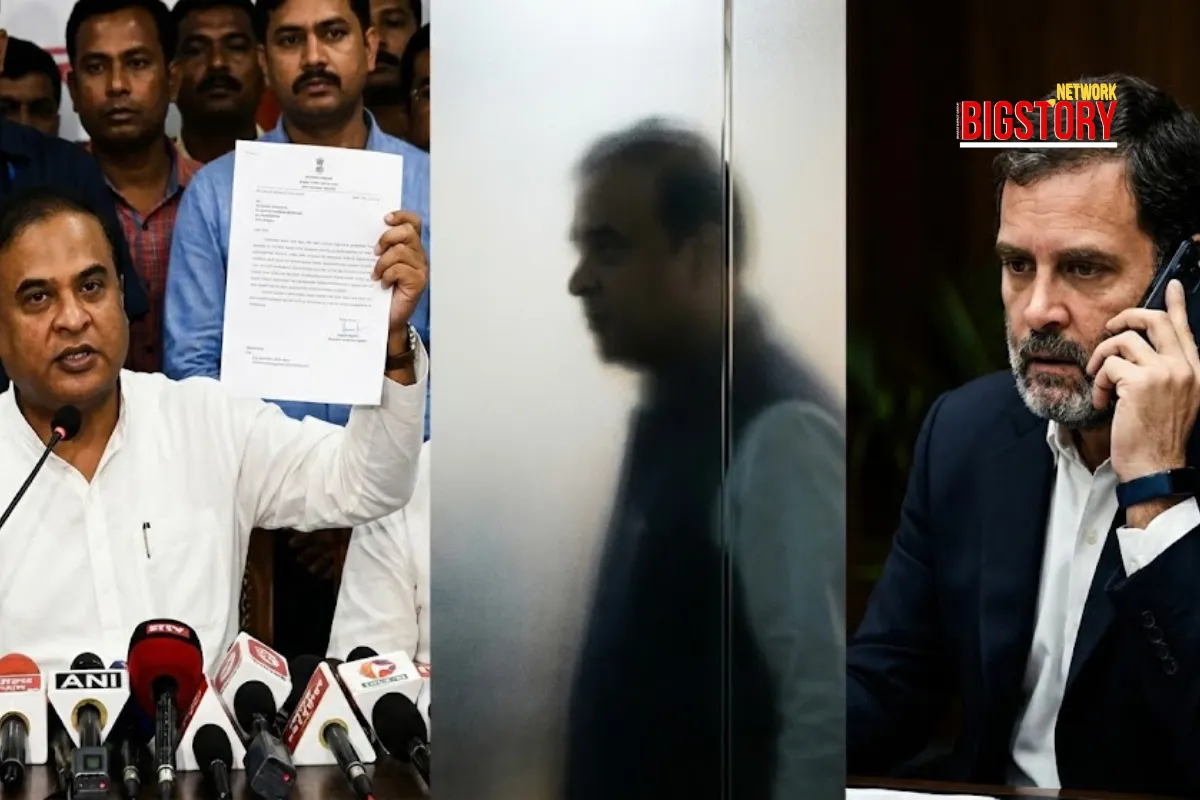


Sign up for the Daily newsletter to get your biggest stories, handpicked for you each day.
 Trending Now! in last 24hrs
Trending Now! in last 24hrs
